Ministry of Education and Training manages 2 National Universities
Decree No. 201/2025/ND-CP regulating the functions, tasks and powers of the National University replaces Decree No. 186/2013/ND-CP dated November 17, 2013 of the Government on the National University. According to this Decree, the National University is a public higher education institution managed by the Ministry of Education and Training, has legal status, has its own account and uses a seal with the national emblem.
The National University has the function of training at all levels of higher education, scientific research and high-quality multidisciplinary and multi-field technology transfer; some training fields are leading in the country and highly ranked in the world. The National University is under the state management of the Ministry of Education and Training, the Ministry of Science and Technology , other ministries, branches and People's Committees at all levels where the National University is located according to the provisions of law.
It is noteworthy that the National University is granted a high degree of autonomy in organizational structure, training, scientific research, international cooperation and human resource development. Member schools can develop their own training regulations, develop talent programs, and cooperate extensively with domestic and foreign partners. At the same time, the governance mechanism is organized in a clear hierarchy and delegation of authority, with accountability to the Government and the Prime Minister.

3 important education policies take effect from September 2025. (Illustration photo)
Adjusting regulations on subject classrooms
Circular 14/2025/TT-BGDDT amending the Regulations on subject classrooms of general education institutions issued by the Minister of Education and Training takes effect from September 2.
Accordingly, the Circular stipulates more clearly the principles of using common subject classrooms for many subjects, ensuring adequate equipment, time and space for each subject. Regarding area, the IT and Foreign Language rooms in primary schools must be at least 1.5m²/student, not less than 50m²/room; the Science - Technology, Music and Fine Arts rooms must be at least 1.85m²/student, not less than 60m²/room.
In particular, the minimum working area of a subject classroom shared by several subjects is determined according to the subject classroom with the largest area among the shared subjects.
New regulations on teaching and learning in foreign languages
Decree 222/2025/ND-CP regulating teaching and learning in foreign languages in educational institutions takes effect from September 15.
Accordingly, public schools from primary to high school will be allowed to teach some subjects in foreign languages, with priority given to subjects in the fields of Mathematics, Natural Sciences, Technology and Information Technology. Similar to universities, teaching and learning in foreign languages can be applied to part or all of the program. The curriculum and documents are approved by the principal.
Schools are encouraged to apply information technology, artificial intelligence, and digital transformation in teaching and learning in foreign languages, through the use of technology tools and platforms to support teaching and learning, including the development of online learning systems, curriculum systems, electronic documents, student management, and assessment of learning outcomes.
Regarding foreign language proficiency, primary and secondary school teachers must have a minimum foreign language proficiency of level 4 according to the 6-level foreign language proficiency framework for Vietnam or equivalent; high school teachers must have a minimum foreign language proficiency of level 5.
Source: https://vtcnews.vn/3-chinh-sach-giao-duc-quan-trong-co-hieu-luc-tu-thang-9-2025-ar963105.html



![[Photo] General Secretary receives heads of political party delegations from countries attending the 80th anniversary of our country's National Day](https://vphoto.vietnam.vn/thumb/1200x675/vietnam/resource/IMAGE/2025/9/1/ad0cb56026294afcae85480562c2e790)
![[Photo] Chu Dau Ceramics – Proud of Vietnamese identity at Exhibition A80](https://vphoto.vietnam.vn/thumb/1200x675/vietnam/resource/IMAGE/2025/9/1/c62ab2fc69664657b3f03bea2c59c90e)
![[Photo] People eagerly wait all night for the parade on the morning of September 2](https://vphoto.vietnam.vn/thumb/1200x675/vietnam/resource/IMAGE/2025/9/1/0cf8423e8a4e454094f0bace35c9a392)
![[Photo] Celebration of the 65th Anniversary of the Establishment of Diplomatic Relations between Vietnam and Cuba](https://vphoto.vietnam.vn/thumb/1200x675/vietnam/resource/IMAGE/2025/9/1/0ed159f3f19344e497ab652956b15cca)
![[Photo] Solemn reception to celebrate the 80th anniversary of the National Day of the Socialist Republic of Vietnam](https://vphoto.vietnam.vn/thumb/1200x675/vietnam/resource/IMAGE/2025/9/1/e86d78396477453cbfab255db1e2bdb1)
![[Photo] National Assembly Chairman Tran Thanh Man receives Cambodian Senate President Hun Sen](https://vphoto.vietnam.vn/thumb/1200x675/vietnam/resource/IMAGE/2025/9/1/7a90c9b1c1484321bbb0fadceef6559b)





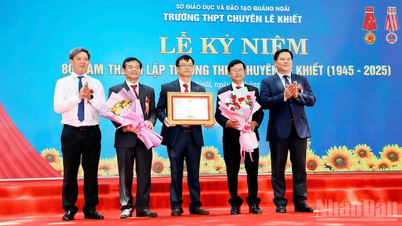

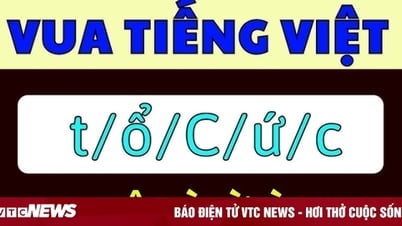










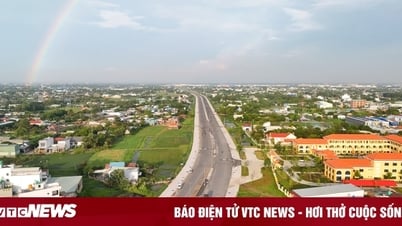
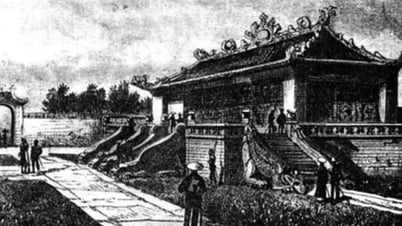

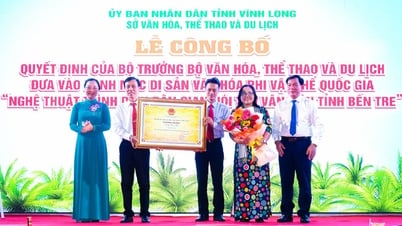

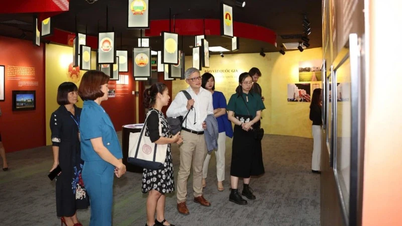






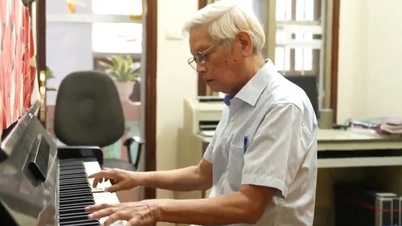
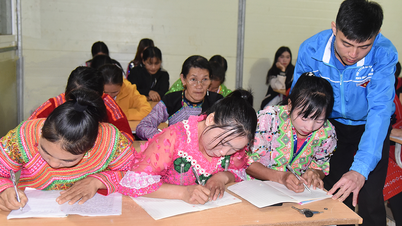


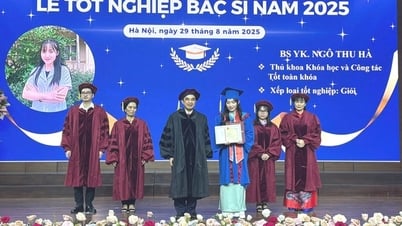












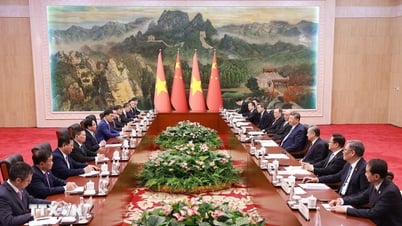

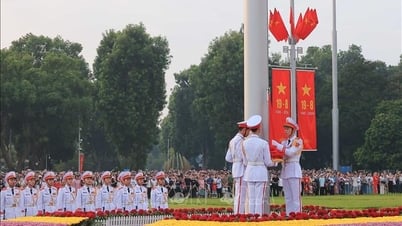

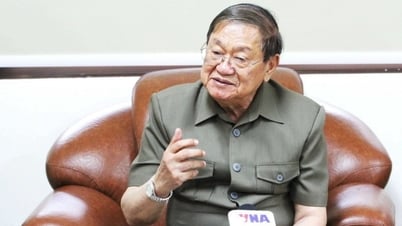

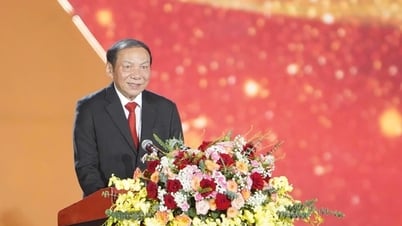
























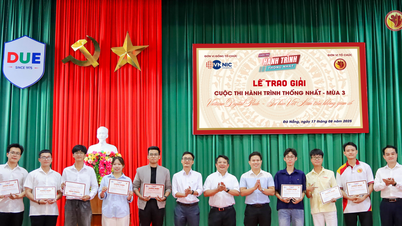




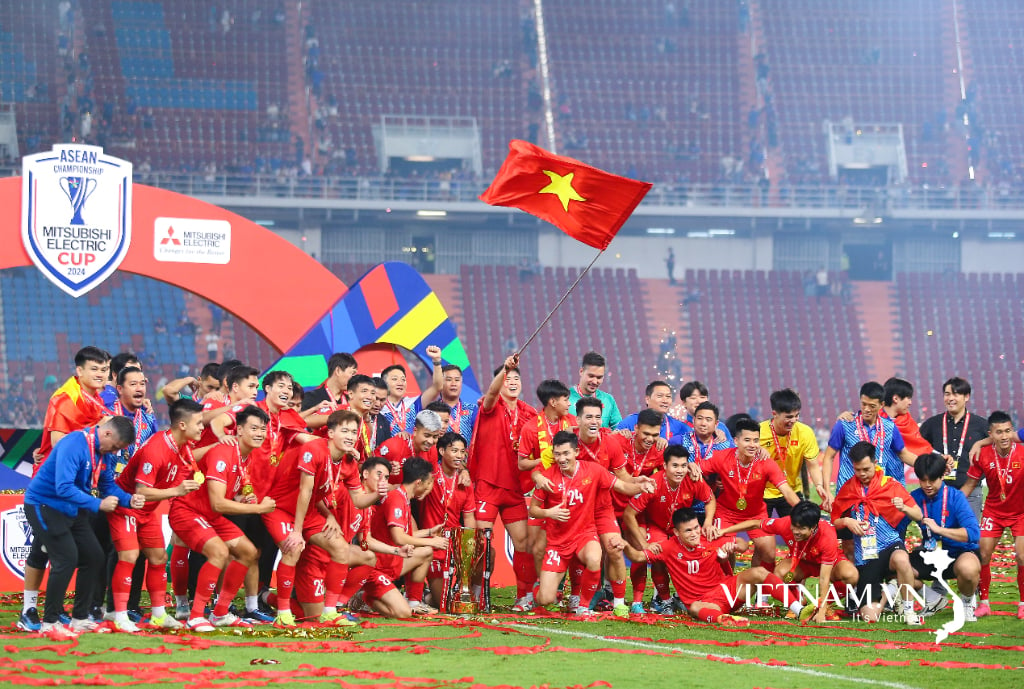



Comment (0)